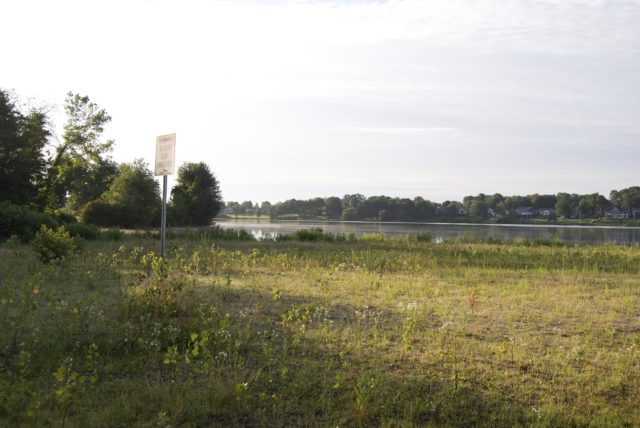
Another heatwave is expected to begin this weekend, and with that will come the inevitable announcements of State Parks turning visitors away when their parking lots reach capacity. Meanwhile, ten miles from Hartford, Batterson Park’s lot will remain empty, and not because everyone got wise to using public transportation. Unless you are one of the 750 children enrolled at Camp Courant, you are literally locked out of the park.
But even Camp Courant is impacted by Batterson Park’s mysterious closure. The 30 acres they lease do not include the beach area, which means they are also at capacity. In past years, they’ve managed more campers.
Yet, there is a well-worn foot path around the gates. People continue to stop by to fish or walk their dogs, but the message is undeniable: nobody wants the public to use the place.
Batterson Park has been battered. It sits stagnant, with parcel-after-parcel getting sold off.
Why would that be?
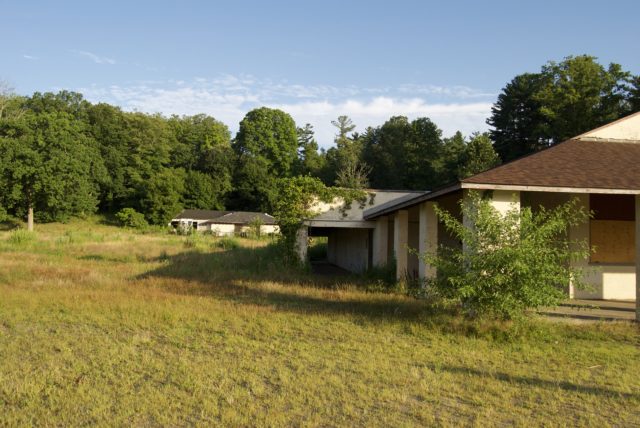
Though there are vocal Hartford residents who have supported selling the whole park or simply ignoring it because, in their estimation, a park in Farmington detracts from the other Hartford-owned ones within city limits, those sentiments are coming from people who have options. They have cars. They have middle class incomes that allow for family beach days in Rhode Island. The issue of access tends to not cross the minds of those who do not have to rely on public transportation. Why would it?
To get from Hartford to Hammonasset Beach by bus, you will need to carve out 3.5 hours. Each way. To get from Hartford to Batterson Park by bus, you can catch the 121. On weekdays, it runs about every half hour starting shortly around 5 AM. It takes about twenty minutes to get from the Sigourney Street Station to Colt Highway and South Road. Walk down Two Mile Road for approximately ten minutes. Though there are no sidewalks on this street, it is relatively easy for improvements to happen as it is not a State road. Again, for those who do not need to think about access issues because they have a reliable car parked in their driveway, Batterson Park is ten miles from Hartford, while Hammonasset is 42. Using public transportation to get to Batterson takes a total of an hour from one’s day; Hammonasset eats up seven hours. You don’t have to take a personal day for one of those two trips to happen.
So, if we have the option to operate a park that Hartford already owns — giving city residents, many of whom do not have access to a private vehicle, a place in nature to cool off without loads of concrete and chlorine — what is standing in the way?
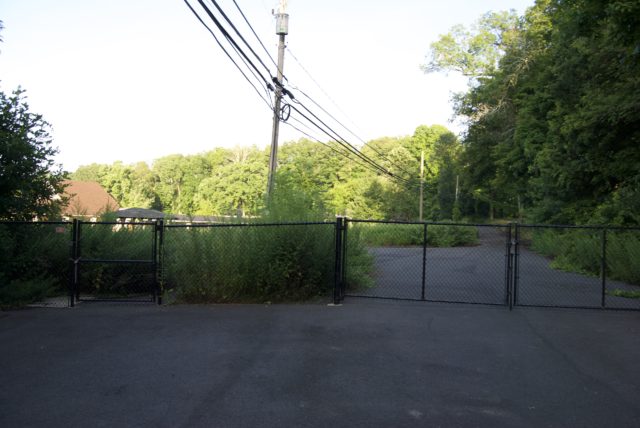
Batterson Park began as Reservoir No. 4 in 1879, as a solution to a different access issue: drinking water. This use was discontinued about fifty years later. From 1928 to 1931, it transitioned to Reservoir Park, out of the control of the MDC and into the City of Hartford’s responsibility. Within the first year of its recreational use, it saw as many as 5,000 visitors on one day. The park spanned 850-930 acres, depending on which source you believe. The official transfer of ownership happened in 1930, and for some time, it was all good. Reservoir Park was renamed after Hartford’s mayor. Visitors were charged a small fee, yet this did not stop the crowds. A newspaper article in 1953 reported that Batterson Park had a record summer season with 274,575 visitors.
Then, things got weird. The beach closed for the summers of 1985 and 1986, presumably for repairs. A parcel was sold off in 1988 to West Hartford. Despite a Parks Master Plan in 1992 prioritizing the conservation of Batterson Park, just four years later there was a move to sell of 75 acres to build a movie theatre. That was squashed, at least for the time being, in 1997. In 2003, a 65 acre parcel was sold to the town of Farmington. In 2016, the City of Hartford transferred 86 acres to the pension fund, in lieu of cash. An estimated total of 594 acres remain in Batterson Park today.
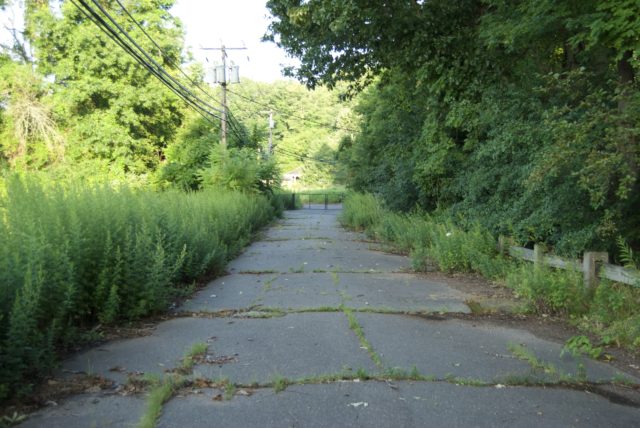
But wait, there’s more. Hartford used a grant during the Segarra administration for upgrades to restrooms, installation of bike racks, and addition camp sites at Batterson Park. These additions could be enjoyed for only one season, as 2015 was the last year that Batterson Park was opened to the public.
You know what happens when buildings are not given regular use and attention? Some asshole breaks in and steals the copper pipes.

Today, the beach and parking lot are being reclaimed by nature. The buildings are boarded up. Signs are obscured by plants. It is public property in an invisibility cloak.
Batterson Park does not have to remain in shambles, however.
A small group is attempting to form to change this.
Neil Connors, Chair of the Batterson Park Conservancy Founding Council, said he and others began this effort in 2017, originally thinking a “Friends Of” group would be enough until convinced that they needed to go the route of a conservancy group, which is more robust. They created a proposal to establish this private-public partnership. If approved, the Batterson Park Conservancy would raise funds to accomplish short-term modest goals like restoring the grounds, setting up maintenance contracts, and finding lifeguards.
They would have the ability to bring in food trucks (near, not on the beach) or even offer non-motorized boat rentals. Connors, a New Britain resident who lives nearby, says someone offered to donate kayaks for this purpose, but they are unable to accept any donations currently because the Conservancy is waiting on approval.
More long term, they are looking to establish a facility on site not unlike Elizabeth Park’s Pond House or Keney Park’s Tavern. Proceeds from the restaurant would be directed back into operating, maintaining, and conserving the park.
A group is literally trying to help the City of Hartford raise money, but progress has been slow. They even sat down with Corporation Counsel, State Rep. Matt Ritter, and others — a conversation that included Ritter offering to find bonding if there was multi-town cooperation. With Hartford’s leadership promoting regionalism in the last few years, you would think this would be a given.
As BPC’s Founding Council spells it out, the City of Hartford could either reinvest, allow for new ownership and management, or do nothing and let it continue to decline.
Walter Veselka, the Director of Public Works, is the person who can approve this. Without his “yes”, it’s likely that Batterson Park will remain as is: a site for illegal dumping that should be a site for recreation and relaxation.
Do you want Hartford’s beach restored? Join the “Batterson Park Conservancy” Facebook group to learn about next steps, and share to it any pictures you have of the park. You can also contact Mayor Bronin, the Director of Public Works, members of Hartford’s City Council, and heck, your representation up at the State. Contact 311 and let them know that these park conditions should be addressed. By the way, New Britain Mayor Erin Stewart is reportedly on board with fixing up this beach that you can get to via CTfastrak.
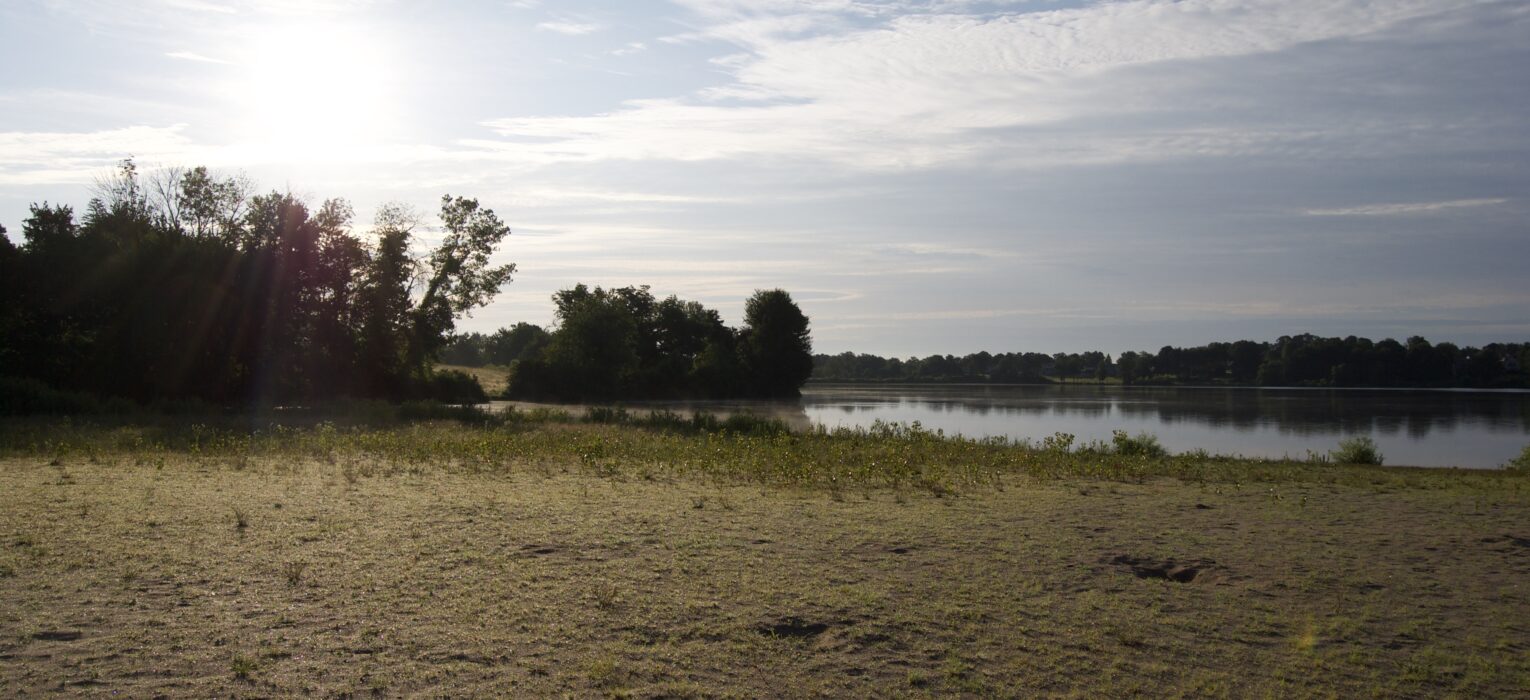

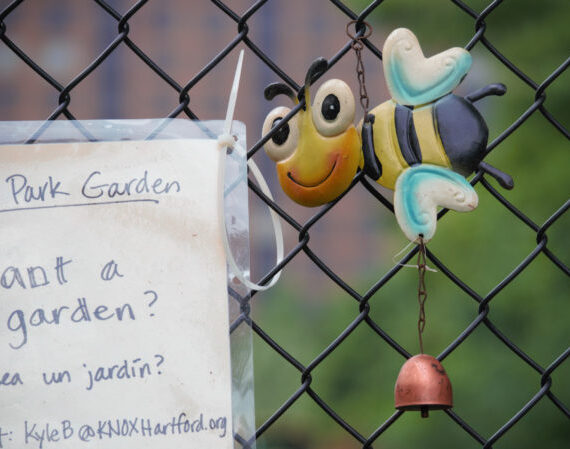
Leslie Hammond
Thank you for an awesome article -it is a shame that the mayor and council just ignore this valuable asset that could be enjoyed by Hartford families , is there another plan we don’t know about ? Thank you Rep Ritter for paying attention -and thank you Atty Neil Connors and others for your hard work and perseverance .
.
Gloria Long
Such an incredible gem. So close to metro Hartford.
Unusable simply because of neglect.
Dorothy echevarria
Open IT up…..for the ppl .that dont have a car to go to a other swim área……bus is right there …I did it ,it was fun ……